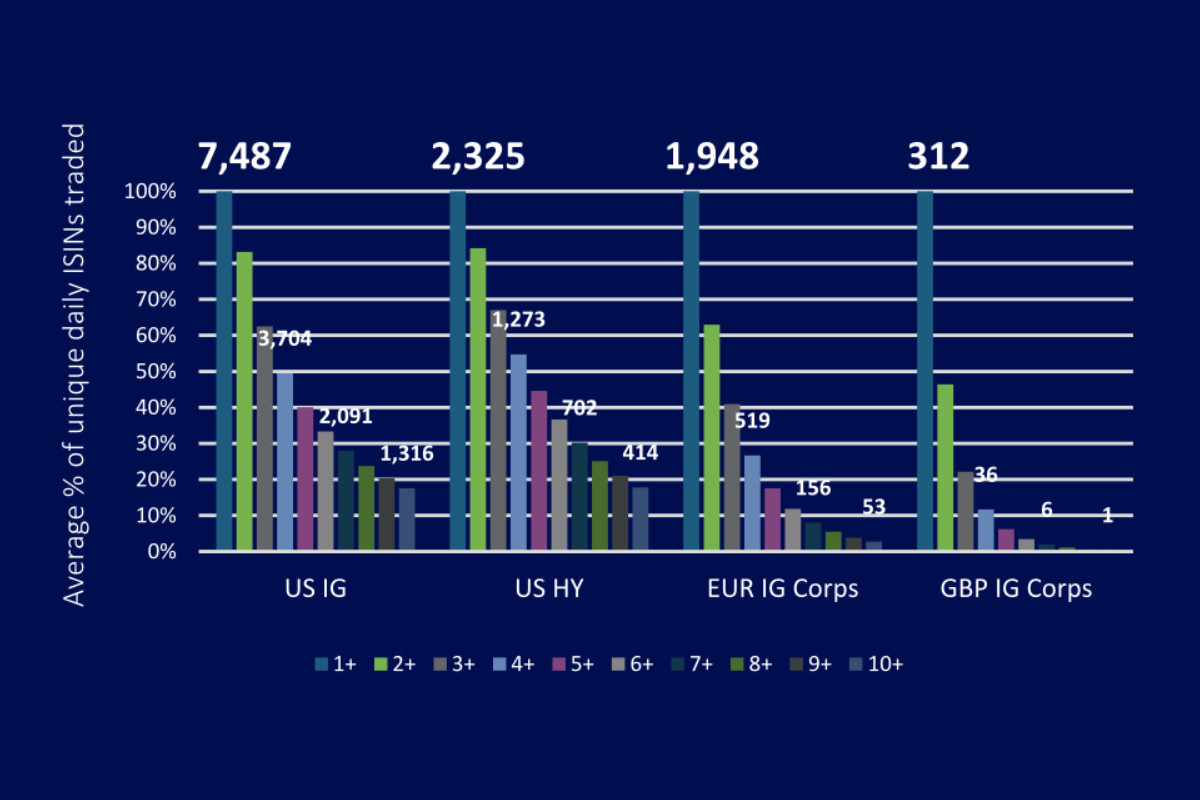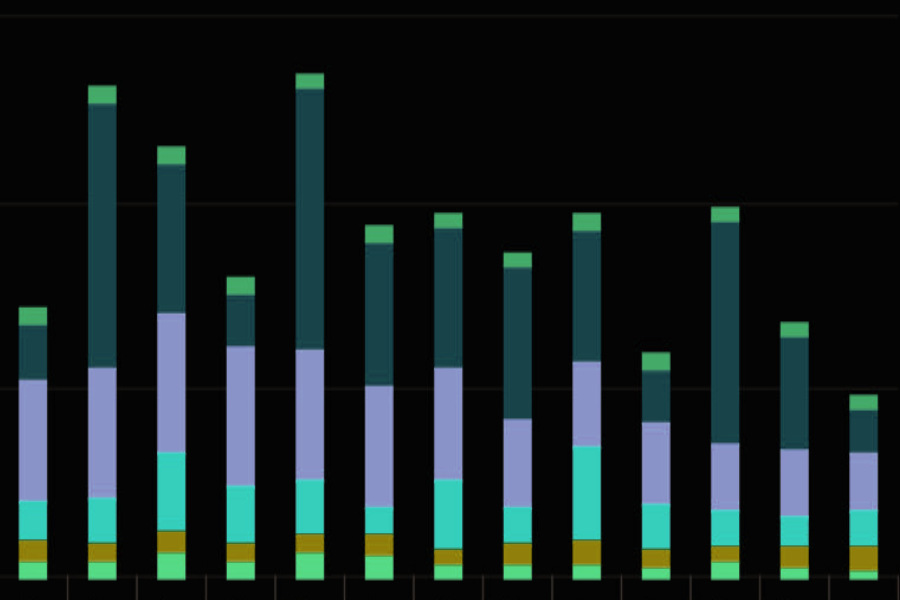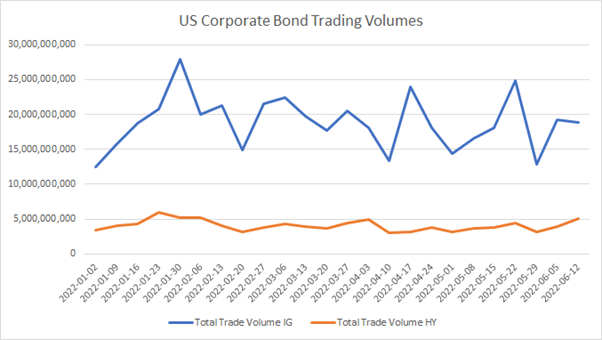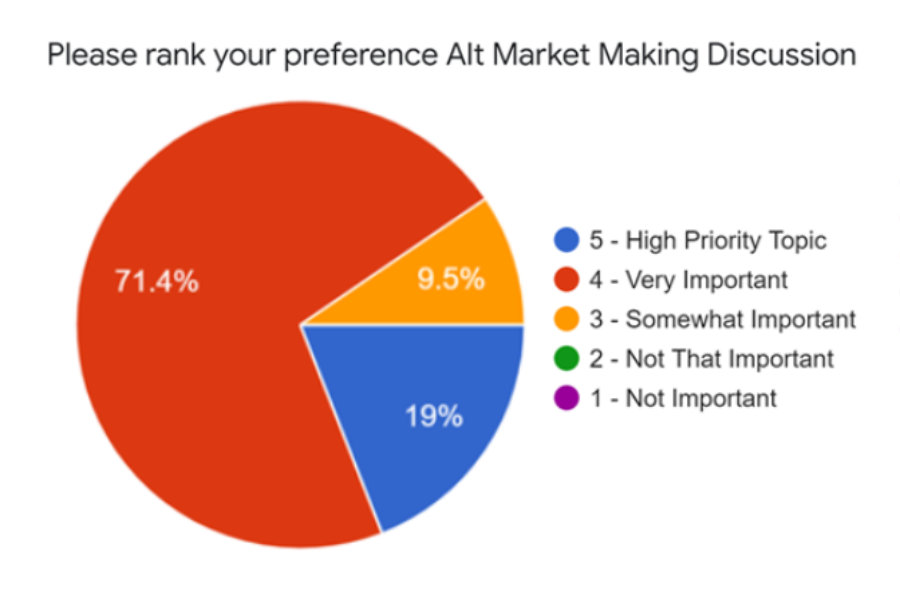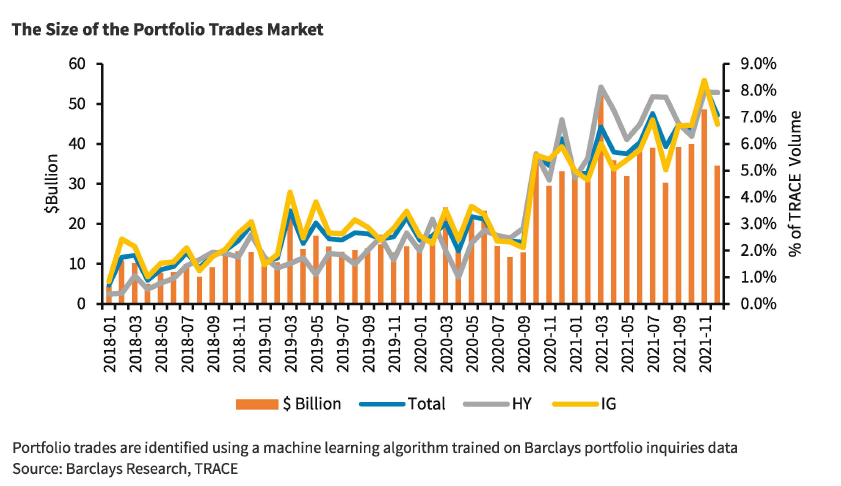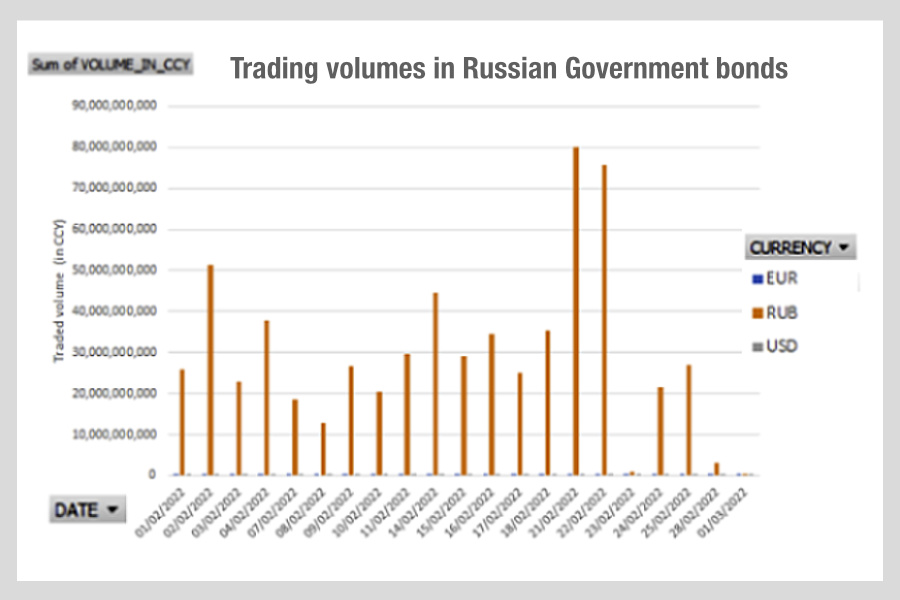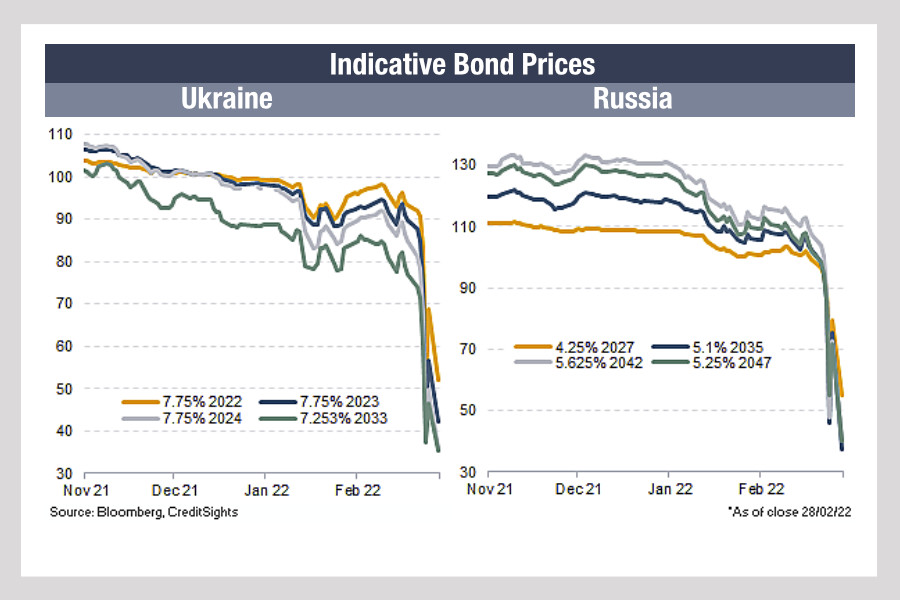A new report by the European Securities and Markets Authority has laid out how systemic risk might be created through funds’ inability to process redemptions during large sell-offs, with March 2020’s outflows being setting records.
The ‘ESMA Report on Trends, Risks and Vulnerabilities’, notes that although European Union (EU) rules include “specific obligations on fund management companies with respect to liquidity risk management in relation to the funds that they manage, in order to ensure that the liquidity profile of the investment of the fund is coherent with its redemption policy,” funds were not able to redeem clients as requested.
“Redemptions from bond funds reached record highs in March, resulting in outflows of 4% of their net asset value (NAV) in 1Q20,” the report observed. “Some asset managers decided to suspend the redemption of their funds, mainly because of valuation uncertainty but in some cases also because of outflows. Between the second half of March and May around 200 EU and UK funds (out of 60,000 funds) had to suspend redemptions temporarily. Some corporate bond exchange traded funds (ETFs) traded with unusually large discounts compared with the reference basket, reflecting liquidity issues in underlying assets in March and April.”
Settlement fails for bonds also spiked at this point, reaching nearly 6% for government and corporate bonds compared with 14% for equities, which ESMA noted was a result of operational and structural issues.
Joanna Davies, managing director of Traiana, part of the CME Group, said, “Trying to deliver securities in exchange for cash in a timely manner was always going to be an uphill task given the extreme levels of volatility. However, the truth is that issues around trades failing to settle on time runs much deeper than what we witnessed back in March. For far too long now market participants have been hit by punishing operational overheads, all because they have had to manually resolve issues and disputes earlier in order to reduce the amount of settlement fails. This ESMA report reinforces the industry-wide need for more real-time automation to significantly reduce the operational risk associated with two firms trying to work out trade disputes via excel spreadsheets.”
The challenges created by liquidity mismatches also led to potential systemic risks. Massimo Ferrari, an economist in the economic research and financial stability team at ESMA wrote in a chapter entitled ‘Interconnectedness in the EU fund industry’ that concerns were increasing about the systemic risks being triggered by a significant deterioration of liquidity in segments of the fixed income markets, combined with large-scale investment outflows from institutional investors in the EU. One of the channels would result from liquidity mismatches “Whereby some funds offer daily liquidity to investors while investing in less liquid asset classes.”
“In the event of large redemptions, fund managers might face difficulties in selling their assets, resulting in potential downward pressure on prices,” he wrote.
A statistical analysis found that funds exposed to less liquid asset classes “are more likely to be affected by shocks originating in other markets. The evolution of the spillover indices during the COVID-19 market stress suggests that alternative UCITS on average acted as transmitters of shocks, while HY and corporate bond funds tended to be net receivers.”
Ferrari concluded that, “Going forward, this framework can be used for monitoring stress transmission and identifying episodes of intense spill overs within the EU fund industry.”
©The DESK 2020
TOP OF PAGE


























